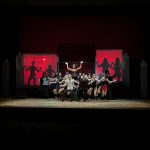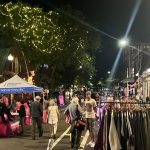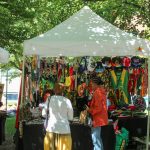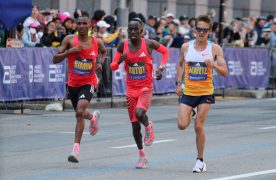Meeting the executive board of the National Society of Black Women in Medicine (NSBWM) at SPLASH made Hannah Harris, a junior studying biology in the College of Arts and Sciences, realize that the group aligned with her identity, professional goals and desire for change within the medical field.
“A lot of times, it’s not really acknowledged and validated that underrepresented groups, specifically Black women, aren’t a huge sector that have opportunities in the medical field,” said Harris, now a member of the club. “[NSBWM] really captured my attention by saying that they wanted to improve on that.”
Boston University’s chapter of the NSBWM was founded in the fall of 2023. Its mission is to encourage Black women to pursue careers in medicine and to support those already in the medical field, according to the club’s website.
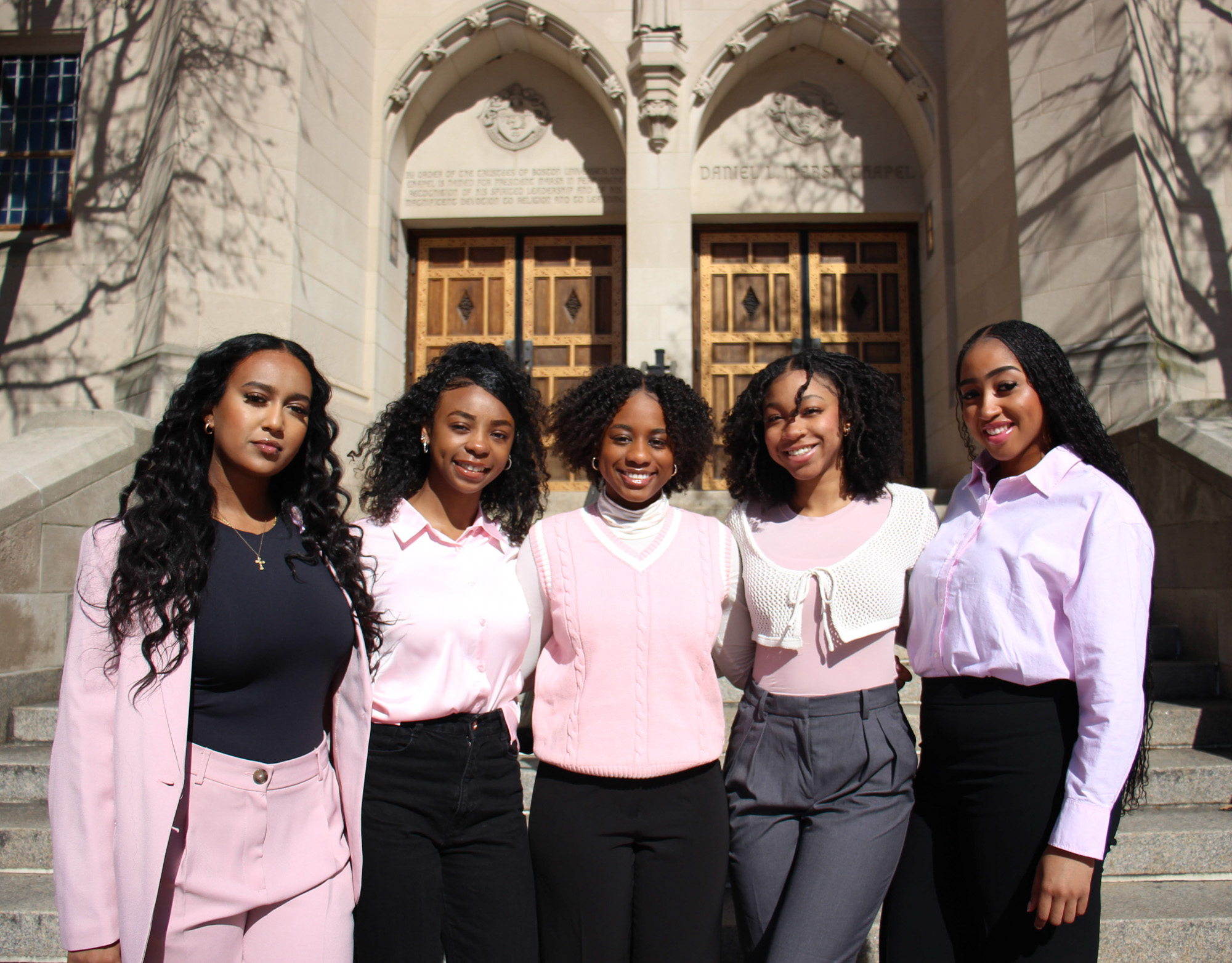
The organization’s activities and mission are appealing to members like Harris, who said she wanted to ensure her voice could be heard in the field of medicine, especially as a Black woman.
“There’s been times where I wish there would have been a solution to specific situations for me to be accepted, for me to be heard and listened to and for my voice to matter,” Harris said. “It’s important for specific Black organizations or clubs that are directed towards people of color to really push their voice to actually be taken into account.”
Through events, meetings and mentorship, NSBWM provides women pursuing medicine the opportunity to develop professionally.
But the NSBWM also creates an intimate setting that allows members to feel comfortable opening up and bonding over shared experiences, said Laicee Kersey, a junior studying biology in CAS and a member of NSBWM.
Both Kersey and Harris noted a particularly memorable event from last semester that allowed them to bond — a panel featuring Kristen H. Goodell, an associate dean of admissions and an assistant professor at the Aram V. Chobanian and Edward Avedisian School of Medicine.
At the event, members spoke freely and honestly about their experiences as students at BU with regard to race and being a woman in medicine, Kersey said.
“It was really insightful to hear everybody’s different stories and see how we could all relate to each other, which is something that I haven’t had before,” Kersey said. “Having those experiences shared makes you feel like you’re not the only one who experiences those types of things.”
Kersey said that the panel was “the best memory that we’ve had so far, because it was just raw and people were able to be vulnerable.”
Harris noted how the organization has a less competitive atmosphere than the broader environment at BU, and said she’s received nothing but help and support from its members.
“They’re able to categorize their experience and then apply it to you,” Harris said. “That really helped me feel closer to the other members, and the fact that they’re so real with each other.”
Clarissa Fomunung, a sophomore in CAS, described NSBWM as a “perfect fit” since she was searching for a Black community at a predominantly white institution.
She described getting closer to the rest of the club members while attending a volunteer event packaging food at MIT.
“It’s just something that I look forward to now,” Fomonung said. “I really love being NSBWM because it creates a happy feeling for me, and … I want to chase that feeling.”
Fomunung said she appreciates being a part of a community that contributes directly to her goal of becoming a Black female doctor.
“Being in that club makes me appreciate who I am and my color,” Fomunung said. “It makes me not want to hide it and to be my true self.”


